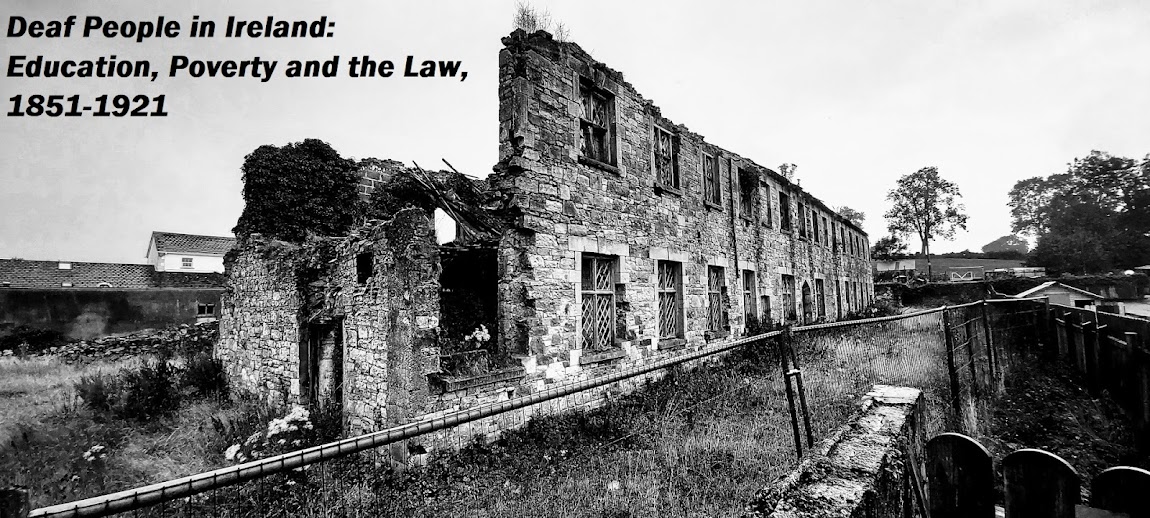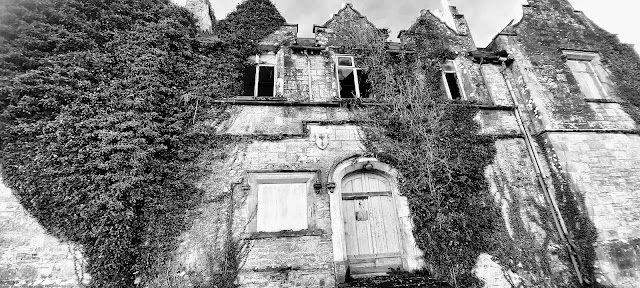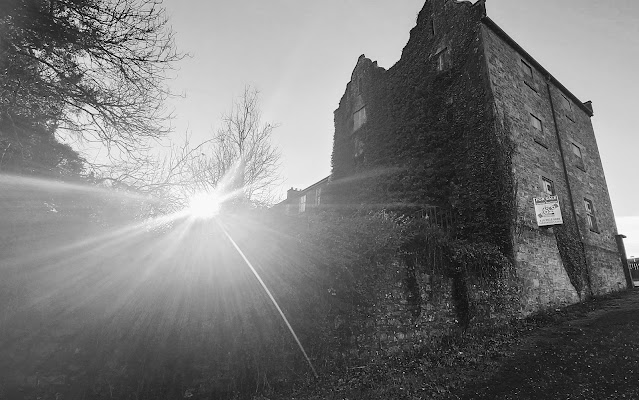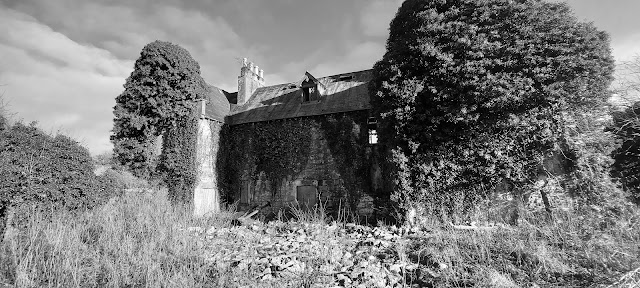 |
Painting
is called "Heinrich XVII, Prince Reuß, on the side of the 5th Squadron I
Guards Dragoon Regiment at Mars-la-Tour, 16 August 1870" by Emil
Hünten, 1902. Source: https://en.wikipedia.org/wiki/Battle_of_Mars-la-Tour |
In 1870, Prussia and France went to war. The Franco-Prussian war was one of the moves towards a unified German Empire. But the world was shocked at some of the cruel behaviour of the Prussian troops in France. Collections were made around Ireland to assist the injured French troops.
 |
| Source: Wexford People 24 September 1870, p. 7 |
Among those who contributed in Wexford - two Deaf men, William Hendrick and Nicholas Brien. They each contributed 1 shilling 6 pence. William had entered the Prospect School in Glasnevin in 1854. Nicholas entered St Joseph's in 1864.
 |
| Source: Wexford People 24 September 1870, p. 7 |







